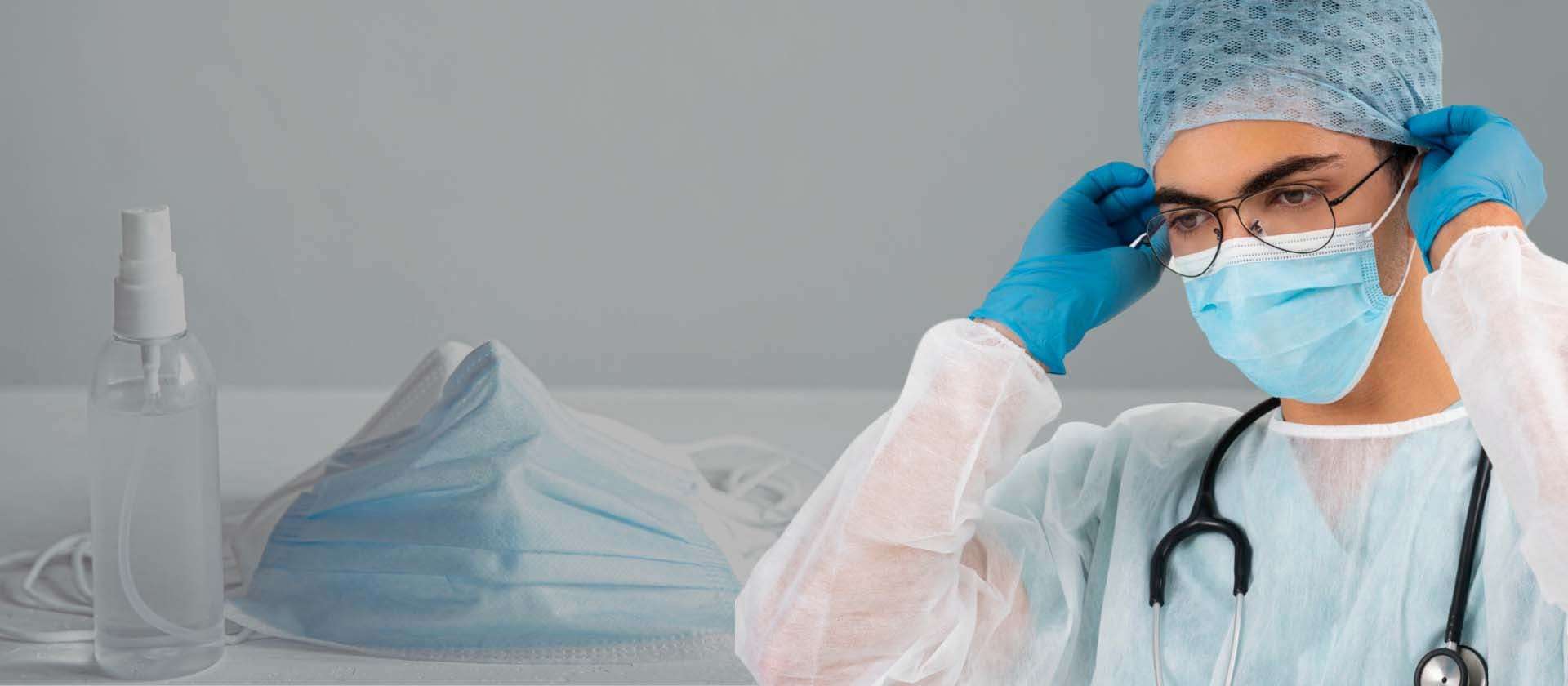Medical disposables refer to single-use medical devices or products that are intended for use in medical procedures, diagnosis, treatment, or prevention of diseases. These items are typically disposed of after a single use to prevent cross-contamination and the spread of infections between patients. Medical disposables play a crucial role in maintaining hygiene and safety standards in healthcare settings.

Medical disposables play a crucial role in patient safety across various healthcare settings. Here’s how:
Infection Control:
Disposable items such as gloves, masks, gowns, and drapes help prevent the transmission of infections between patients and healthcare workers. These items create a barrier between individuals and potential pathogens, reducing the risk of cross-contamination.
Single-Use Products:
Many medical disposables are designed for single-use, eliminating the need for sterilization and reducing the risk of contamination associated with reusing medical equipment. Single-use products ensure that each patient receives a sterile and uncontaminated item, minimizing the risk of healthcare-associated infections (HAIs).
Preventing Cross-Contamination:
Disposable medical supplies help prevent cross-contamination between patients by ensuring that each patient is treated with new, sterile equipment. This is particularly important in settings such as operating rooms, where maintaining a sterile environment is critical for patient safety during surgical procedures.
Reducing Allergic Reactions:
Some patients may have allergies to certain materials used in medical equipment, such as latex. Disposable alternatives made from hypoallergenic materials can help prevent allergic reactions and adverse events in sensitive individuals.
Ease of Use:
Disposable medical supplies are often designed for ease of use, with standardized packaging and instructions. This helps healthcare providers quickly and efficiently access the necessary supplies without the need for extensive preparation or cleaning, reducing the risk of errors and improving patient safety.
Compliance with Standards and Regulations:
Many healthcare facilities are required to adhere to strict standards and regulations regarding infection control and patient safety. Using disposable medical supplies that meet these standards helps ensure compliance and minimizes the risk of regulatory violations.
Patient Comfort:
Disposable medical supplies are often designed with patient comfort in mind, such as soft materials for wound dressings or non-irritating adhesives for bandages. Comfortable medical disposables can improve patient compliance with treatment regimens and enhance overall satisfaction with their healthcare experience.
Preventing Contamination of Medical Devices:
Disposable items such as probe covers for thermometers and ultrasound machines help prevent contamination of reusable medical devices, ensuring accurate readings and reducing the risk of transmitting infections between patients.
